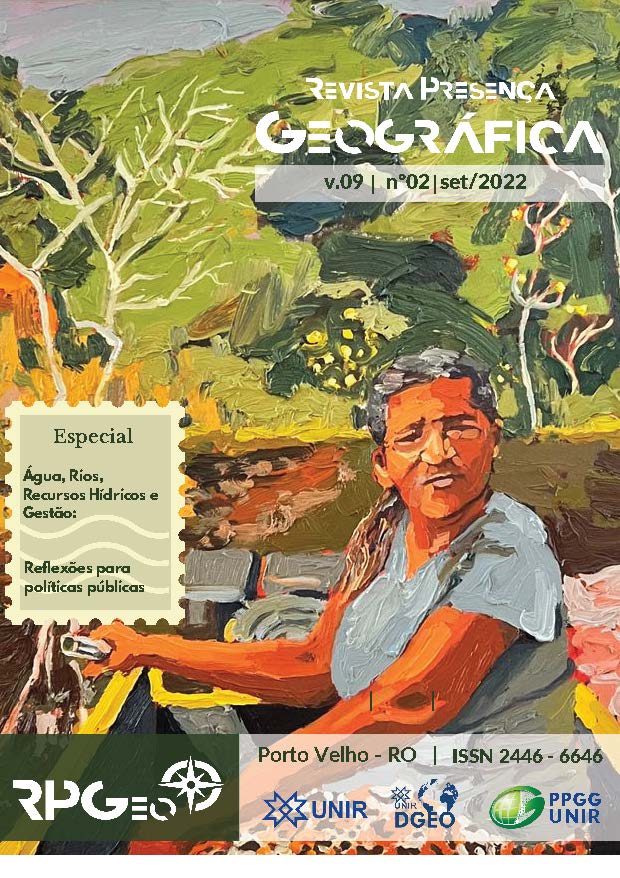THE PROPOSED MASTER PLAN OF THE MUNICIPALITY OF PORTO VELHO AND ITS INTERFACES WITH THE OBJECTIVES OF SUSTAINABLE DEVELOPMENT REGARDING WATER PROTECTION
DOI:
https://doi.org/10.36026/rpgeo.v9i2.7185Abstract
The objective of this study was to analyze the interaction between the Master Plan (MP) of Porto Velho under review with the UN Sustainable Development Goals regarding the water theme. To this end, a document analysis was carried out, consulting the current MPs (year 2008) and the revised one (2018-2019). The comparative analysis of the textual data was performed with the software IRAMUTEQ. In addition, data on MPs were crossed with the UN SDG objectives. The results showed that both MPs have devices that incorporate the SDGs. The current plan contemplates five of the SDGs, with number 11 (sustainable cities and communities) being the most outstanding. Consequently, the revised MP has more assistance than incompatibilities with the SDGs. In all, ten SDGs are included in the reformulated plan (total of 17 goals). The goals that had the greatest recurrence in the revised MP were SDG 11 and SDG 15 (terrestrial life).
Downloads
Published
Issue
Section
License
Copyright (c) 2022 Alyne Foschiani Helbel, João Gilberto de Souza Ribeiro

This work is licensed under a Creative Commons Attribution-NonCommercial-NoDerivatives 4.0 International License.
This work is licensed under Creative Commons Attribution-NonCommercial-NoDerivatives 4.0 Internacional license.
Authors who publish in this journal agree to the following terms:
- Authors retain the copyright and grant the journal the right to first publication, with the work simultane ously licensed under Creative Commons Attribution-NonCommercial-NoDerivatives 4.0 Internacional License that allows the sharing of the work with acknowledgment of authorship and initial publication in this journal.
- Authors are authorized to assume additional contracts separately, for non-exclusive distribution of the version of the work published in this journal (ex, publishing in institutional repository or as a book chapter), with acknowledgment of authorship and initial publication in this journal.
- Authors are allowed and encouraged to publish and distribute their work online (ex.: in institutional repositories or on their personal page) at any point before or during the editorial process, as this can generate productive changes, as well as increase the impact and the citation of the published work (See The Free Acess Policy).







